Julia Barnes ’18 joined The Sustainable Innovation MBA program after spending the past decade working in progressive politics to further access to affordable healthcare, combat income inequality and take on the growing threat of climate change.
Why did you choose to attend The Sustainable Innovation MBA program?
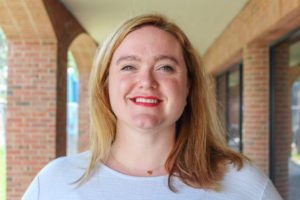
I chose The Sustainable Innovation MBA because I wanted a different MBA experience that approached business and startups from a disruptive, innovative perspective. I don’t feel invested in historical takes on economic growth and was more connected with designing a MBA that connected with my progressive values.
What has been your favorite part/element of the program thus far?
For me, my favorite part is the challenge. We are capturing all of the content and value of traditional business school, but are always pushed to think about with a sustainable, triple-bottom-line approach. In this way, I find our experience is more inline with the reality of what we will face in applying our MBA and less in simple academic recall.
What are three things someone considering the program should be aware of?
1. The commitment is serious. 7 hours a day of class with double the work load of a normal program means you have to take this seriously.
2. Value your time with your classmates and lean on them to help you get through. You get to know people really well in our module learning teams and those friendships can really help you succeed.
3. Explore things you never knew would be important to you. I found a significant draw to marketing and impact investing, which was definitely not what I had expected, but The Sustainable Innovation MBA affords you that exposure instead of tracking you into something that may not be your passion.
How has The Sustainable Innovation MBA helped you?
So far, it’s helped me set aside time in my life to clarify my purpose, to make some great new friends and connections, and to find an environment to have a rigorous business education while staying true to my values.
Anything else?
Burlington is the best place to live in the country. Seriously. There really isn’t a place where you can get whatever you could want in a big city in the most beautiful part of the country with all the attraction of a small town. I love it.

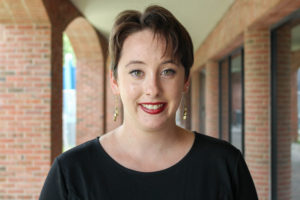 Why did you choose to attend The Sustainable Innovation MBA program?
Why did you choose to attend The Sustainable Innovation MBA program? Feedback is the breakfast of champions. Feedback is a gift. Without feedback, leaders are cut off from the lifeblood of an organization and their ideas and abilities will wither and die. These are the words of
Feedback is the breakfast of champions. Feedback is a gift. Without feedback, leaders are cut off from the lifeblood of an organization and their ideas and abilities will wither and die. These are the words of 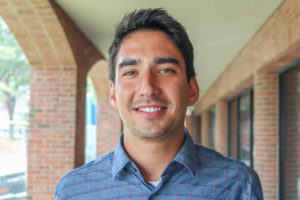 I chose to attend The Sustainable Innovation MBA program to gain the tools necessary to make an impact on the world. More specifically, I attended this program because I wanted to learn how I could use business as a tool to increase the impact I could have with my environmental biology degree.
I chose to attend The Sustainable Innovation MBA program to gain the tools necessary to make an impact on the world. More specifically, I attended this program because I wanted to learn how I could use business as a tool to increase the impact I could have with my environmental biology degree. The opportunity that comes with a one-year program is that there is going to be more information coming at you then you can take in.
The opportunity that comes with a one-year program is that there is going to be more information coming at you then you can take in. 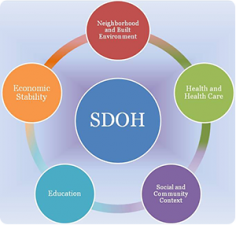 The
The 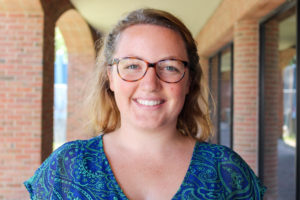 I chose to attend The Sustainable Innovation MBA program because I wanted to gain the skills necessary to have a productive role in my family’s business. The program drew my attention because of its small size and focus on sustainability and entrepreneurship.
I chose to attend The Sustainable Innovation MBA program because I wanted to gain the skills necessary to have a productive role in my family’s business. The program drew my attention because of its small size and focus on sustainability and entrepreneurship.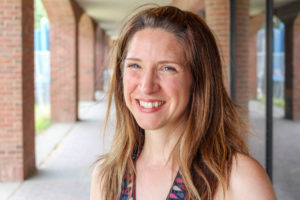
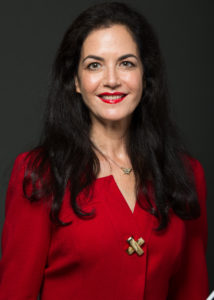 I have been a practicing lawyer in various areas of corporate life and a wildly eclectic number of industries (private investments, finance, airlines, manufacturers, software, telecommunications, real estate, mining, retail, etc.). Much of what I have done professionally has been interesting, challenging, and often fun, and my experience has given me terrific insight into how all sorts of industries and businesses work and myriad points of view that may come to bear on a question, but I was ready to make a change and to play a different role.
I have been a practicing lawyer in various areas of corporate life and a wildly eclectic number of industries (private investments, finance, airlines, manufacturers, software, telecommunications, real estate, mining, retail, etc.). Much of what I have done professionally has been interesting, challenging, and often fun, and my experience has given me terrific insight into how all sorts of industries and businesses work and myriad points of view that may come to bear on a question, but I was ready to make a change and to play a different role.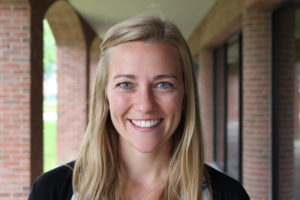 I work in NYC as an Associate Director at
I work in NYC as an Associate Director at